Don’t Touch My Hair
Growing up, I never really saw people with my hair texture up on the big screen. Having straight, flowing hair has always been the beauty standard for women. However, that’s not how afro-textured hair works: it defies gravity and is tightly coiled.
During the 17th and 19th centuries, African American hair was often compared to that of an animal—it was used to dehumanize slaves and justification for the inhumane exploitation they faced. Slaves that had more European features such as looser textured hair still had little to no rights but were sometimes granted more opportunity. This is a hierarchy that still exists today, with people of a looser hair texture being favored over those with 4c hair (a more coarse texture.)
In later years, chemical hair straightening products became popular among the black community. It was seen as a way to elevate the status and become more beautiful, which led people to believe that their hair wasn’t as pretty the way it was. However, centuries after the abolishment of slavery, natural black hair became powerful again. The Civil Rights and Black Power Movements became the motivating force to disrupt European beauty standards. African-American men and women began to move away from the perms and relaxers and started embracing the natural hair that grew from their heads. This embracement of natural hair spread from the streets to television shows like “The Jeffersons,” to icons such as Tina Turner and Michael Jackson.
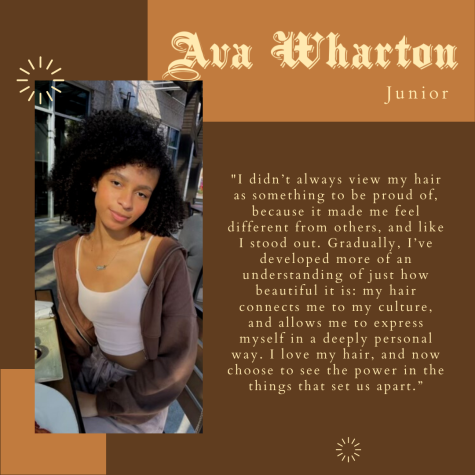
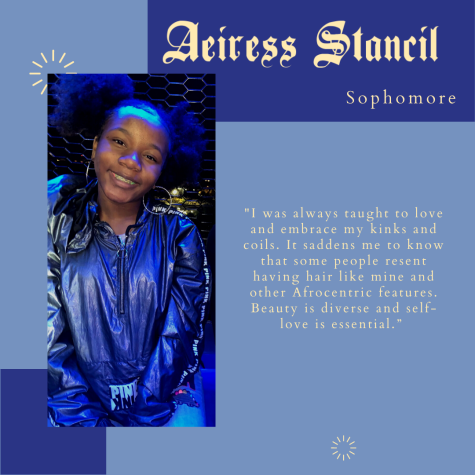
The Natural Hair Movement has spread all over the world, even here at Enloe. Ava Wharton, a junior at Enloe says, “I didn’t always view my hair as something to be proud of, because it made me feel different from others, and like I stood out. Gradually, I’ve developed more of an understanding of just how beautiful it is. My hair connects me to my culture and allows me to express myself in a deeply personal way. I love my hair, and now choose to see the power in the things that set us apart.” Aeiress Stancill, a sophomore at Enloe expresses that, “I was always taught to love and embrace my kinks and coils. It saddens me to know that some people resent having hair like mine and other Afrocentric features. Beauty is diverse and self-love is essential.”
We still have not, however, changed the way we see black hair in society, from schools placing dress codes to isolate afro-textured hair, to a ban on braids and black hair in the workplace. Twins Mya and Deanna Cook, two teenagers from Boston, have experienced these harsh realities first-hand. Being raised by white parents, Mya and Deanna both wanted to get closer to their black heritage, so they got braided hair extensions for their birthday. Yet when they got to school, they received several infractions for violating the dress code. Mystic Valley Regional Charter School of North Boston deemed the braids “distractions.”
It’s not uncommon for people of color to be discriminated against solely based on their hair. The Perception Institute conducted a “Good Hair” study that displayed photos of black women with both natural and smooth hair and asked interviewees which one seemed more presentable. The study found that the majority of people, regardless of race and gender, held some bias towards women of color based on their hair. It’s hard to hear that things like this are still happening today, but there has been some progress.
In 2018, with the release of “Black Panther,” it featured a natural hair cast, exemplifying almost all 4c type patterns. We can also see black celebrities rocking their natural hair on the red carpet, including Lupita Nyong’o, Issa Rae, Taraji P. Henson, Yara Shahidi, and so many more. In 2019, the Oscar award-winning animation “Hair Love” was released. The animation features a small black girl with big 4c hair and follows the journey her father takes in attempting to style her hair for the first time. As someone that has a big head and thick natural hair, I can say that this film gave me full nostalgia. I remember the long nights that my mother went through just to style my hair, and washing my hair took what I felt like an eternity. (Thanks Mom!!)
We need to increase the representation of natural hair in the media, whether it is in a show, movie, cartoon, or video game. This is important so that it can uplift the youth to love their natural kinks and coils.
Being a black girl with natural hair, I am frustrated at what I have to do for my natural hair to be acceptable in society. My hair should not be the determining factor to whether or not I can get a job. My hair should not expel me from school and deem me from an education. My hair should not have to have a law passed for me to get treated fairly. My hair shouldn’t be acceptable as soon as one of the Kardashians finds it fashion-forward. So please, from the bottom of every black person’s heart, don’t touch our hair.
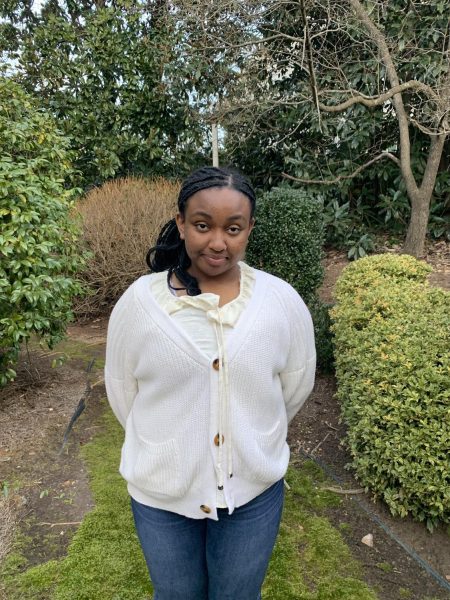
Vivian Njoroge is a senior, and it's her third year on the Eagle's Eye staff. It's also her second year as a graphics editor. Njoroge enjoys making changes...


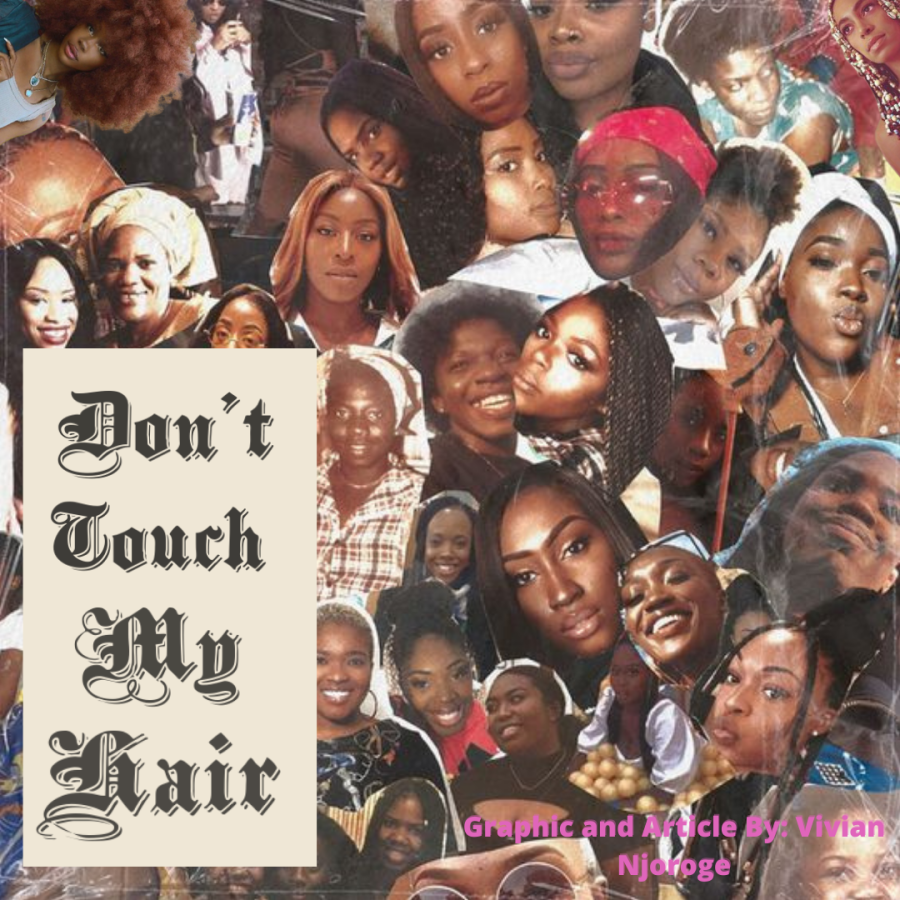
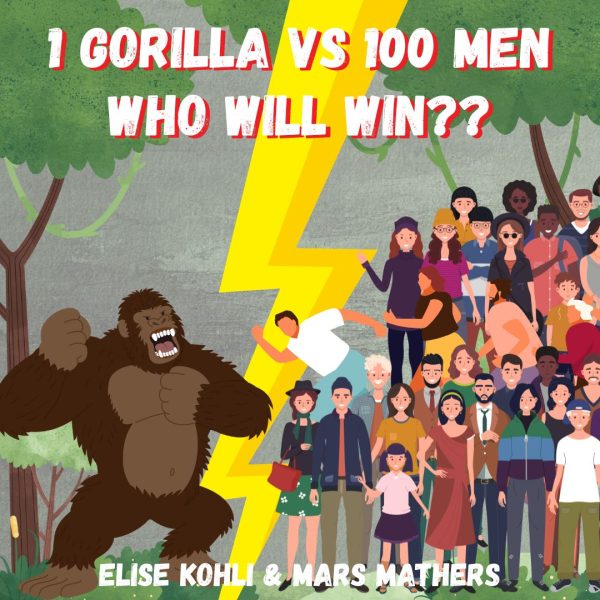
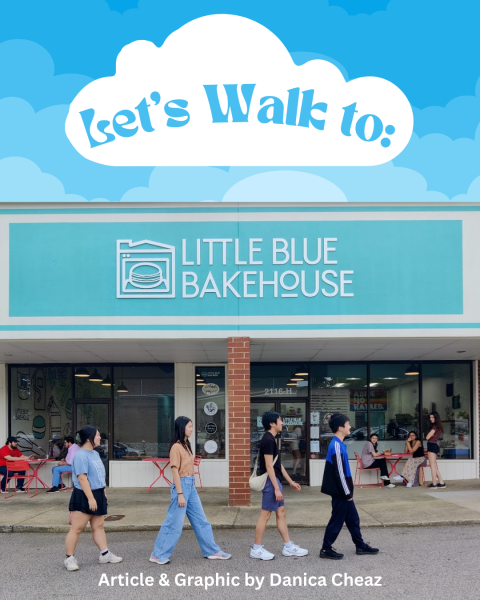
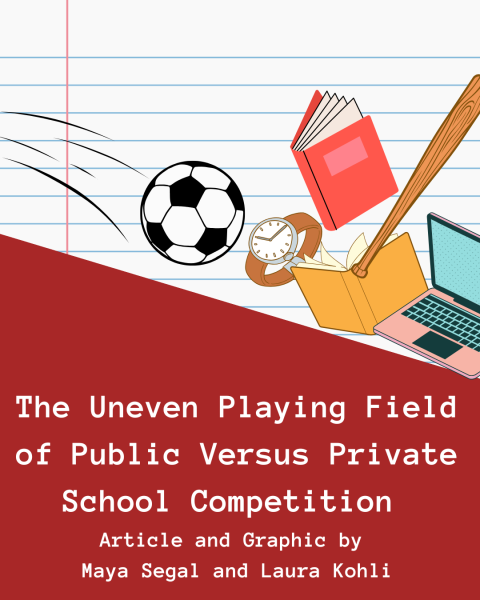
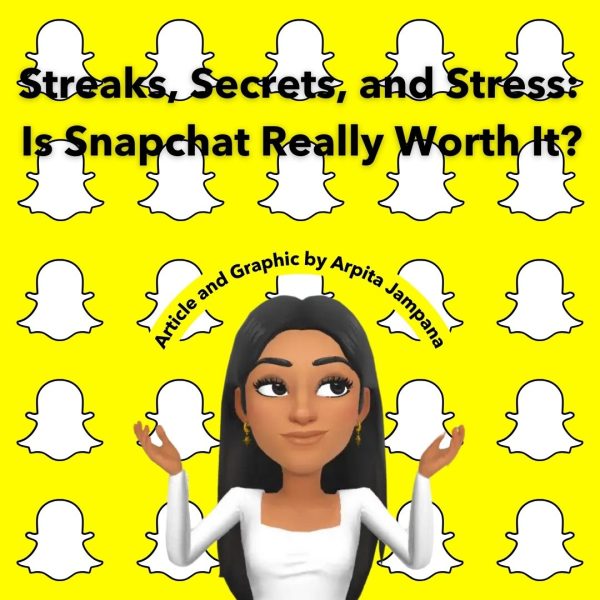
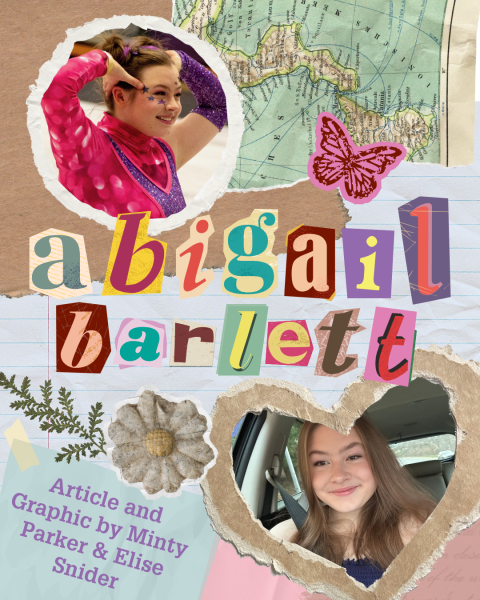
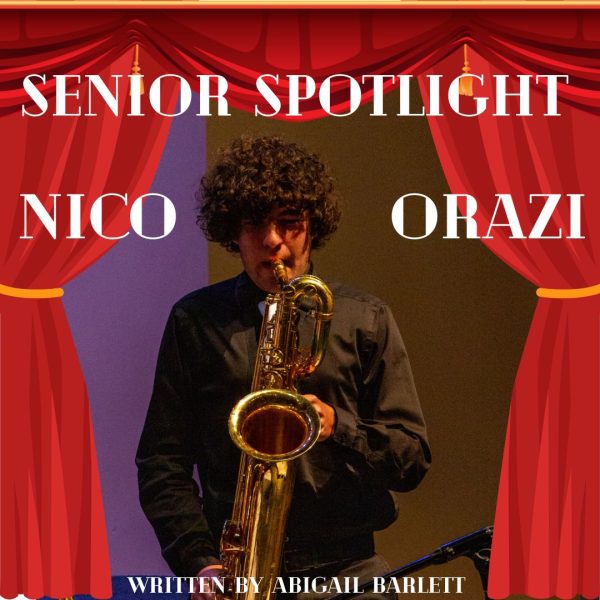
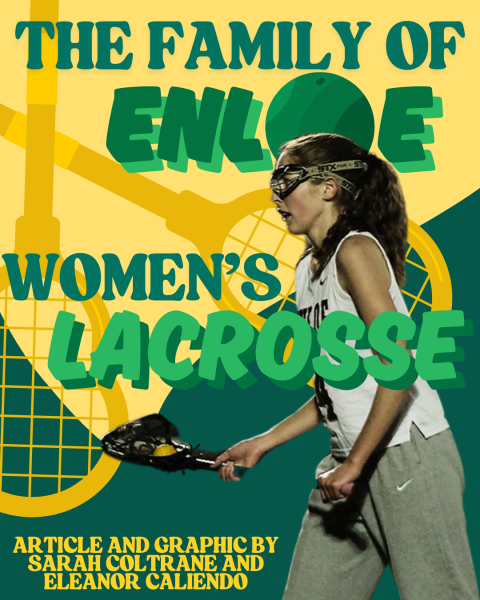

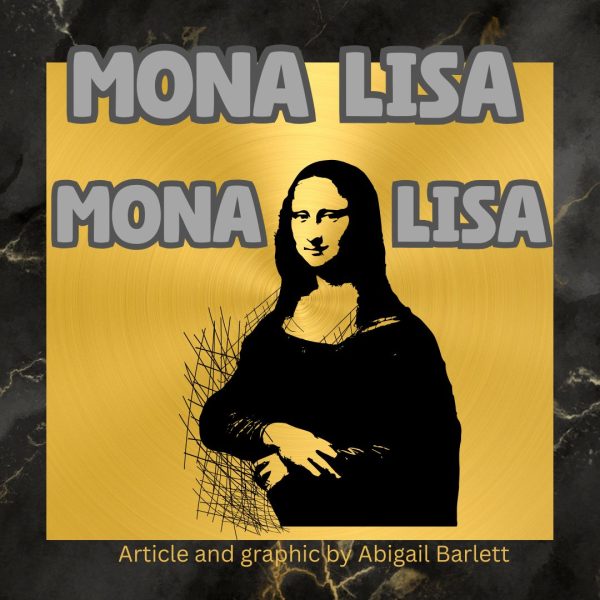
Chelsea • Jan 11, 2022 at 8:21 PM
It’s called African hair. Not African American hair. Super coiled hair types like 4c originate from Africa therefore they are African. The hair type had nothing to do with America/Americans.
Vivian • Mar 7, 2022 at 5:09 PM
I can see where you are coming from, and yes, supercoiled hair types like 4c did originate from Africa(all black hair derived from Africa). However, in the context of what I’m writing about not touching people’s hair in America, it’s more logical to write, African American hair. I mean, I don’t think it matters whether I put African or African American hair. Personally, it’s the same.